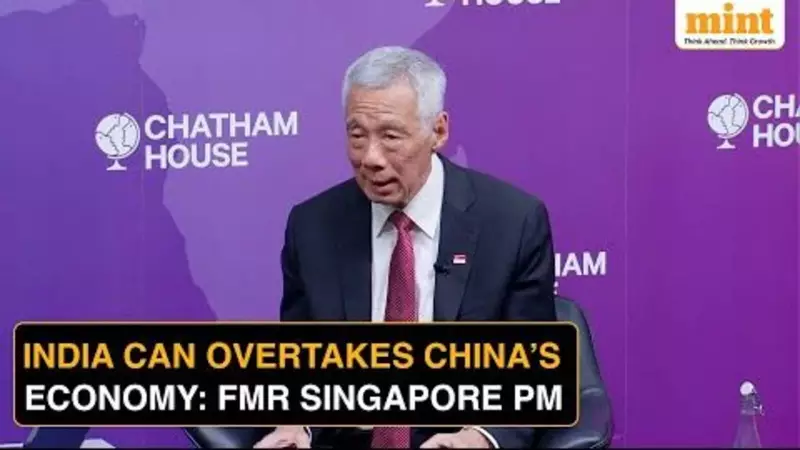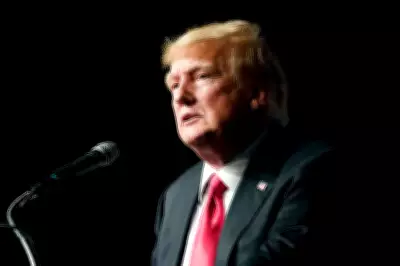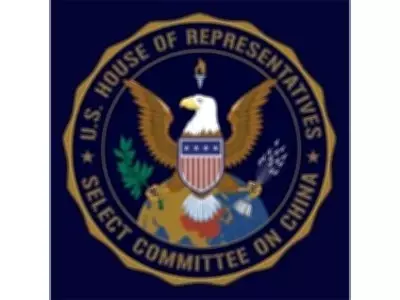
In a revealing analysis that sheds light on Southeast Asia's complex geopolitical landscape, former Singapore Prime Minister Lee Hsien Loong has provided crucial insights into how ASEAN nations are navigating the competing influences of India and China.
The ASEAN Tightrope Walk
Lee Hsien Loong, who stepped down as Singapore's Prime Minister in May 2024 after two decades of leadership, explained that ASEAN countries face a delicate balancing act. "ASEAN doesn't want to choose sides," he emphasized, highlighting the regional bloc's strategic positioning between Asia's two largest economies.
China's Economic Dominance
The former statesman acknowledged China's overwhelming economic presence in the region, noting that ASEAN nations have developed deep economic interdependencies with the world's second-largest economy. "The economic gravity is very strong," Lee observed, pointing to China's massive trade relationships and infrastructure investments across Southeast Asia.
India's Rising Potential
Turning to India's role, Lee Hsien Loong expressed optimism about the South Asian giant's economic trajectory. "India is growing very fast and has enormous potential," he stated, while acknowledging that New Delhi's economic integration with ASEAN currently lags behind Beijing's.
The former PM highlighted several key advantages that could boost India's regional influence:
- Demographic dividend with a young, growing population
- Rapid digital transformation and technological advancement
- Historical and cultural connections with Southeast Asia
- Shared democratic values with several ASEAN members
Strategic Implications for Regional Stability
Lee stressed that ASEAN's central philosophy revolves around maintaining regional stability while maximizing economic opportunities from both powers. "The approach is not to exclude anybody, but to create an overlapping structure of cooperation and engagement," he explained.
This strategic positioning allows ASEAN nations to benefit from Chinese investment and market access while simultaneously developing stronger ties with India's emerging economy. The former Singapore leader's insights come at a critical juncture as global supply chains shift and regional alliances evolve.
The Path Forward
Looking ahead, Lee Hsien Loong suggested that ASEAN's success will depend on maintaining unity among its member states while engaging constructively with all major powers. The region's ability to navigate these complex dynamics will significantly influence Asia's economic and security architecture in the coming decades.
His analysis provides valuable context for understanding why Southeast Asia has become a crucial battleground for influence between Asia's rising giants, and how smaller nations are crafting sophisticated strategies to protect their interests in an increasingly multipolar world.





